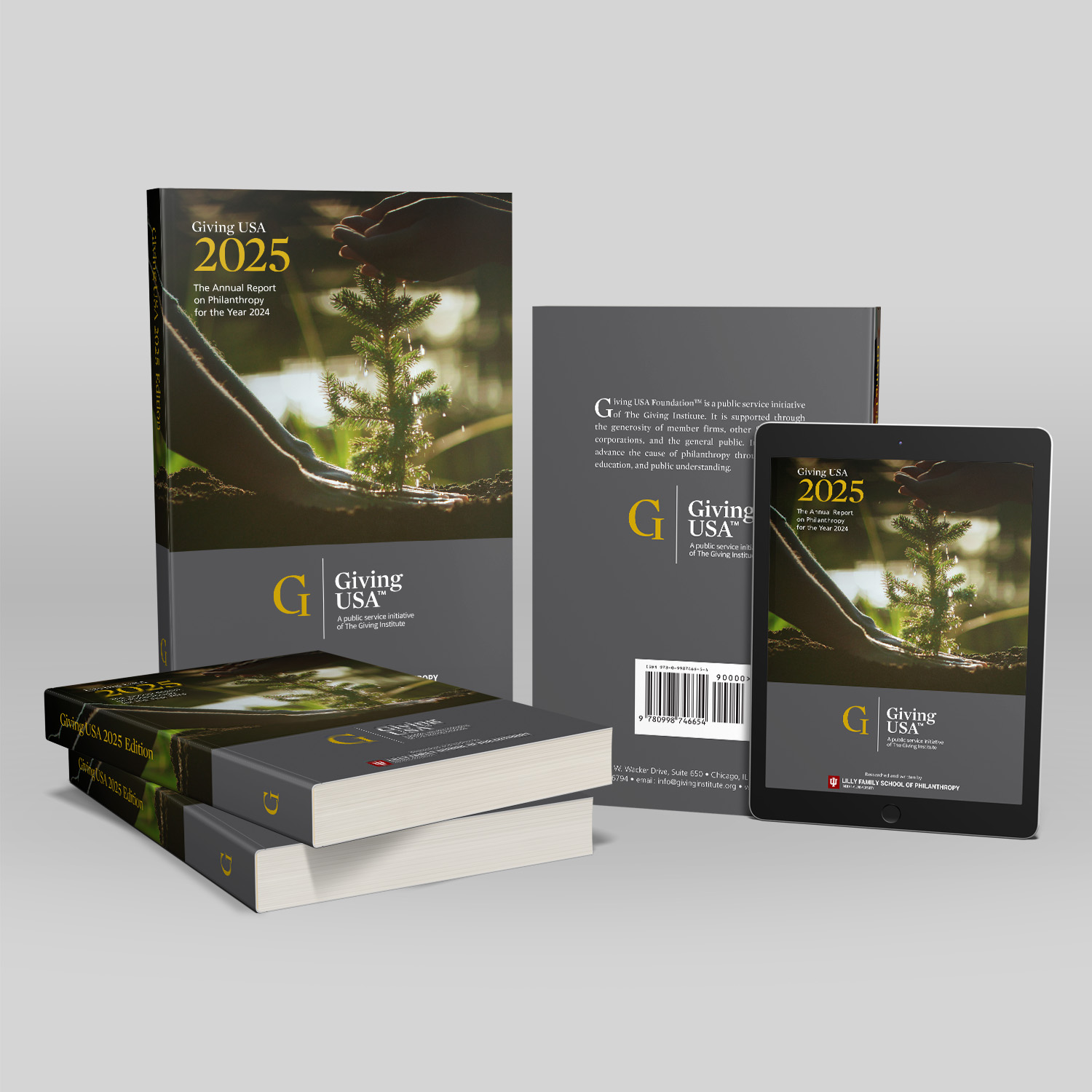 By Missy Gale, CFRE, President & CEO of M. Gale & Associates
By Missy Gale, CFRE, President & CEO of M. Gale & Associates
Recently I’ve had several nonprofits ask about raising major gifts during the pandemic. Concerns range from being sensitive to a donor’s potential negative financial circumstance to how to make an ask when you can’t meet in person. Last month we shared
results from a survey we conducted with North Texas nonprofits on the impact of COVID-19 on their fundraising efforts. Some 60% of respondents said that major giving had been negatively affected during the first few months of the pandemic. Does this
mean that major giving is going to sit on the sidelines for the foreseeable future? In a word, no.
My theory about successfully garnering major gifts is this: people who are generous are generous whether or not they have a lot of money to give. Generosity encompasses an array of a donor’s resources: their time, their talents, and their money. During
an economic downturn, donors may have less money to give, or they may be giving more conservatively for any number of reasons. Additionally, their giving focus may have changed, either temporarily or permanently, based on where they see the greatest
need.
So how do you find major donors now?
The size of a major gift is qualified differently from one nonprofit to the next. For purposes of this article, a major gift is one that requires a personal ask. To make a personal request of someone, you need to have a relationship with them. You need
to know their circumstances and how they are feeling about your organization and its needs. We’ve seen in just three months how quickly families have learned to adapt and unite using virtual video platforms. While never as good as an in-person meeting,
we’re all staying connected via telephone, email, regular mail, and video. This certainly applies to donors as well.
The way you move into relationship with a donor has not changed due to the pandemic. It may be more difficult because physical venues like tours of your organization, special events, and on-premises volunteering have been paused. But, that’s where creativity
and tenacity become important.
Here are my tips for making the ask for major gifts:
- Start with those you know well. From stewardship calls to check in on your donor’s wellbeing to providing ongoing communication on what your organization is doing, you can gauge interest and keep your donor involved.
- For those you don’t know well, you will need to ask your leadership volunteers to help you connect. You may also need to do research to find other community connectors. This may take time and you will need to be patient as you garner their
trust and give them appropriate support. What will be extremely beneficial to you and your organization is a new relationship will be forged authentically and at a peer level. - Make a personal ask. If you are in a relationship with your prospective donor, you both will know when it is time to make the ask. You will know because your donor will give you indication of interest, involvement and cues that they are ready
to invest. You will have paved the way for the ask by giving them a clear path on how to invest, why, and when. There is no need to wait; this can be done now.
Remember, the donor is the only one who can determine the size and timing of their gift. Your role as a professional, is to build a pipeline of supporters whom you know are eager to support your nonprofit’s ability to fulfill its mission.
Advocating for fundraising during emergencies: How to respond to arguments that fundraising is ‘inappropriate’ during the Coronavirus pandemic, published by Rogare – The Fundraising Think Tank, presents an interesting perspective on this topic. What are your thoughts about asking for major gifts during this challenging time? Email me, [email protected].


